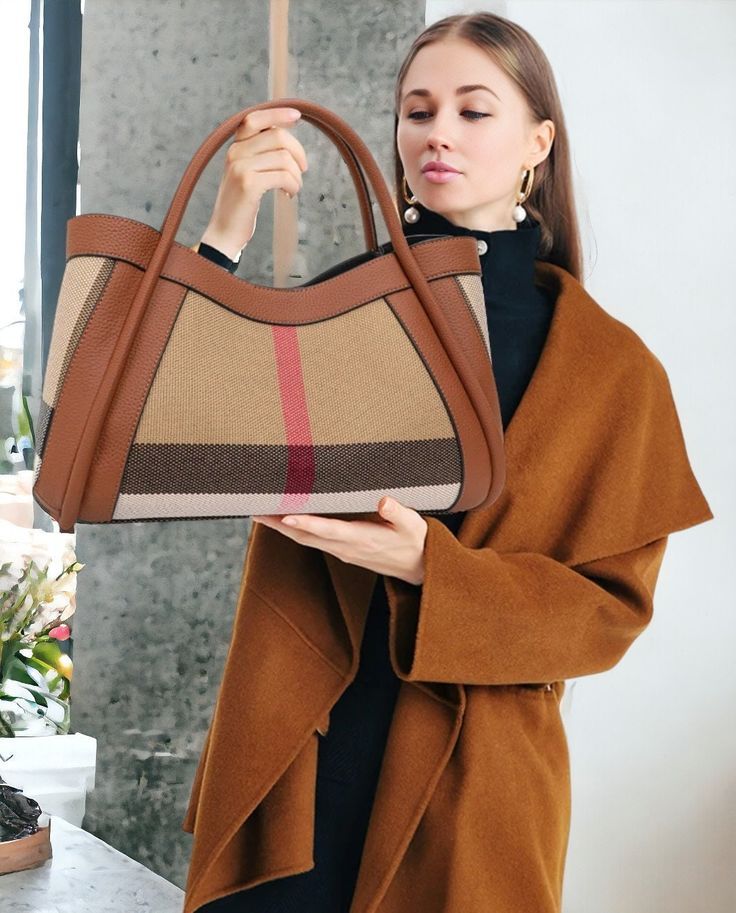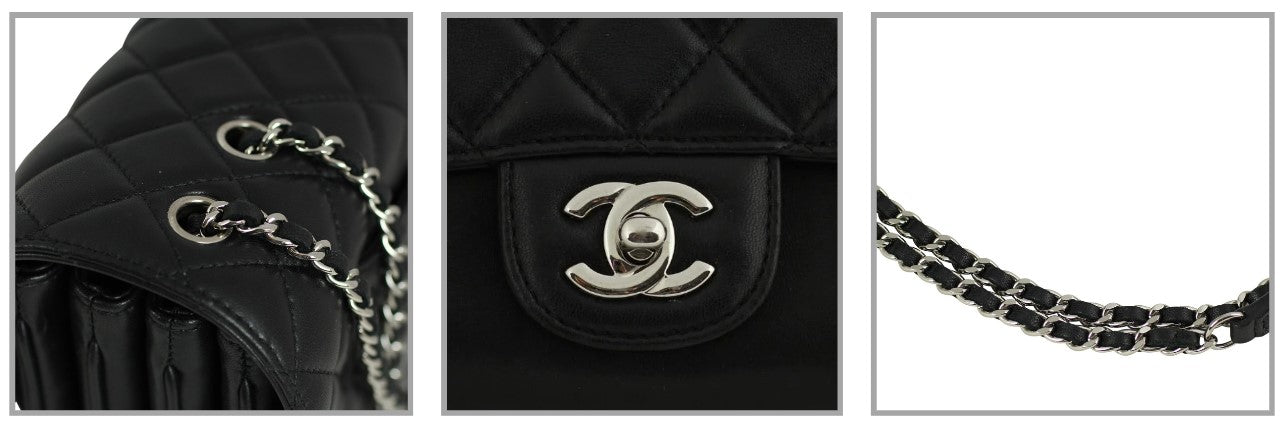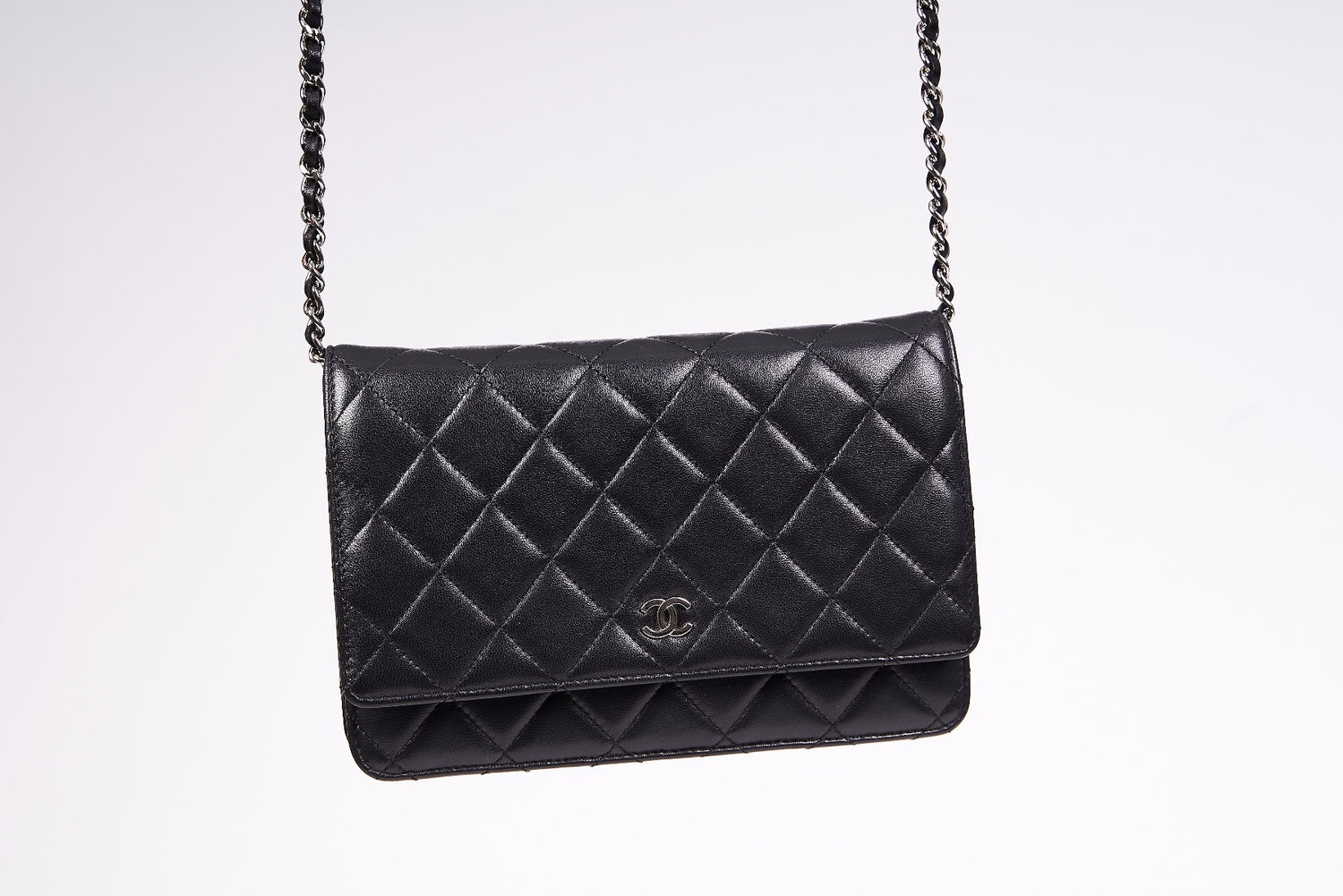authenticity check

authenticity check
Preloov's team of experts specializes in verifying the authenticity and condition of luxury products. With an eye for detail, they ensure that only authentic items are offered for sale. Our unique grading process, which varies by product category, checks items for features such as embossing, hardware, stitching, symmetry, material, craftsmanship, stamps, codes, hologram stickers and packaging.
material quality
High-quality materials are a hallmark of authentic designer handbags. Genuine leather should be supple and have an intense, natural scent, free from synthetic odors. High-quality brands also use luxurious fabrics for the inner lining that are durable and pleasantly soft.
craftsmanship and stitching
The craftsmanship of a designer handbag is evident in its stitching. Authentic bags have precise, even stitching that is consistent throughout. There should be no loose threads or irregular patterns. The stitching not only adds to the aesthetic appeal of the bag but also ensures its longevity.


logos and branding
Authentic designer logos are crafted with great care. The design, placement and quality of the logo are unmistakable. Counterfeits often have slight variations in font, size or positioning. For example, on Chanel, the interlocking Cs should be perfectly aligned and evenly spaced.
hardware and zippers
The hardware of designer handbags is another indication of their authenticity. Brands like Louis Vuitton and Gucci use high-quality metal for their hardware, which looks sturdy and solid. Zippers should glide smoothly, and engravings must be clear and precise.
serial numbers and authenticity cards
Serial numbers and authenticity cards are crucial to verifying the authenticity of a handbag. Each brand has its own system for serial numbers. Authenticity cards should match the serial number of the bag. In counterfeits, the numbers are often mismatched or poorly printed.
Common Characteristics of Fake Designer Handbags
Counterfeit handbags often have recognizable signs that can be spotted by a trained eye, including visual variations, differences in weight, and inferior packaging.
